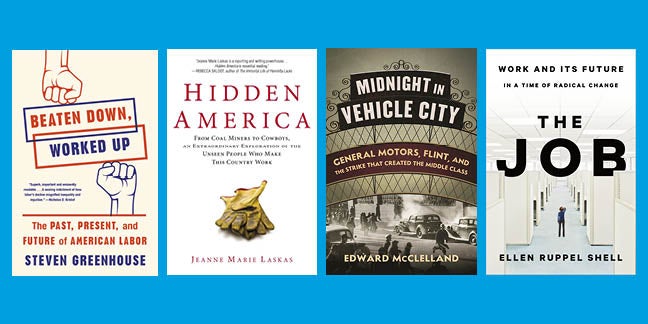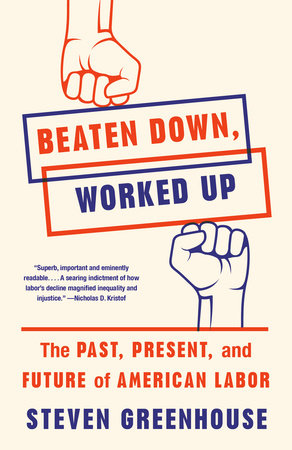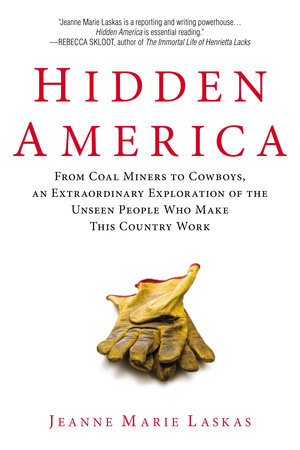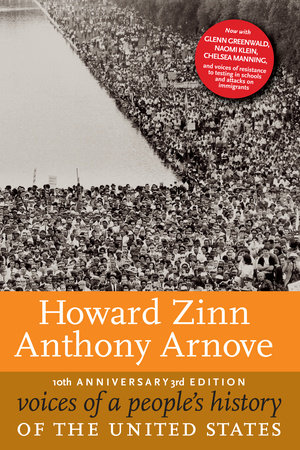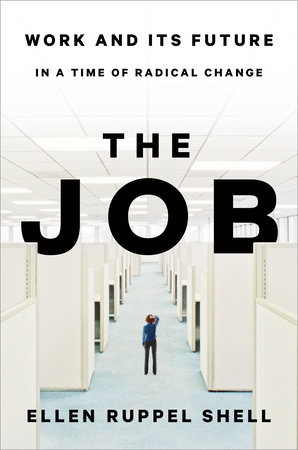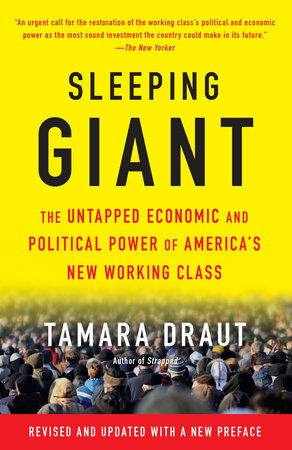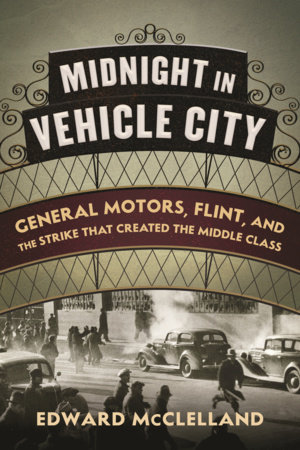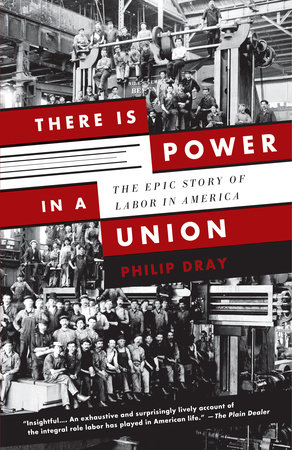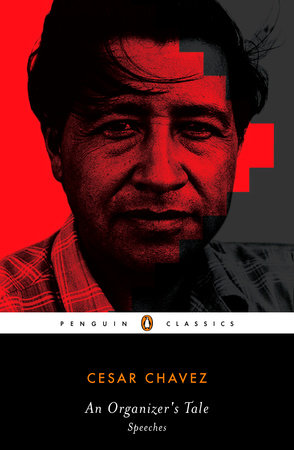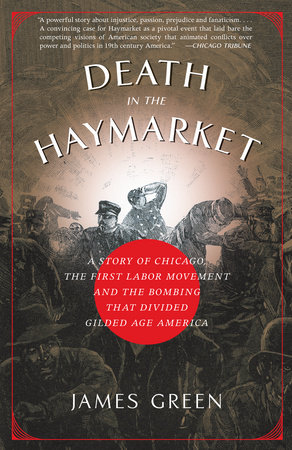Labor Day is an annual celebration of the social and economic achievements of American workers. We remember workers who have organized and fought throughout the labor movement to give workers the protections they have today, and those who continue to fight for equal and fair labor. The following books offer history and analysis of the labor movement and the working class.
In an era when corporate profits have soared while wages have flatlined, millions of Americans are searching for ways to improve their lives, and they’re often turning to labor unions and worker action, whether #RedforEd teachers’ strikes or the Fight for $15. Steven Greenhouse proposes concrete, feasible ways in which workers’ collective power can be—and is being—rekindled and reimagined in the twenty-first century.
Award-winning journalist Jeanne Marie Laskas reveals profiles of America’s working class—the forgotten men and women who make the country run. She explores: the men of Hopedale Mining company in Cadiz, Ohio, an Alaskan oil rig, a migrant labor camp in Maine, the air traffic control center at LaGuardia Airport in New York, a beef ranch in Texas, a landfill in California, a long-haul trucker in Iowa, a gun shop in Arizona, and the Cincinnati Ben-Gals cheerleaders.
Voices of the People’s History of the United States, 10th Anniversary Edition
Here are selected testimonies to living history offered by the people who make history happen, featuring introductions to the original texts by Howard Zinn. New voices featured in this 10th Anniversary Edition include Naomi Klein, speaking from the Occupy Wall Street encampment in Liberty Square; members of the Undocumented Youth movement, who demonstrated in support of the DREAM Act; Chicago Teachers Union strikers, among others.
Critically acclaimed journalist Ellen Ruppel Shell uncovers the true cost—political, economic, social, and personal—of America’s mounting anxiety over jobs, and what we can do to regain control over our working lives. The book’s four sections range from the challenges we face in scoring a good job today to work’s infinite possibilities in the future. Work, in all its richness, complexity, rewards and pain, is essential for people to flourish. Ellen Ruppel Shell paints a compelling portrait of where we stand today, and points to a promising and hopeful way forward.
Sleeping Giant is the first major examination of the new working class and the role it will play in our economic and political future. Blending moving individual narratives, historical background, and sophisticated analysis, Tamara Draut forcefully argues that this newly energized class is far along in the process of changing America for the better, examining the legacy of exclusion based on race and gender that contributes to the invisibility of the new working class, despite their entwinement in everyone’s day-to-day life.
The Good Hand is a saga of fear, danger, exhaustion, suffering, loneliness, and grit that explores the struggles of America’s marginalized boomtown workers—the rough-hewn, castoff, seemingly disposable men who do an indispensable job that few would exalt: oil field hands who, in the age of climate change, put the gas in our tanks and the food in our homes. The Good Hand is a classic American story of one man’s attempt to burn himself clean through hard work and find community.
The tumultuous Flint sit-down strike of 1936-1937 was the birth of the United Auto Workers, which set the standard for wages in every industry. Midnight in Vehicle City tells the gripping story of how workers defeated General Motors, the largest industrial corporation in the world. Journalist and historian Edward McClelland brings the events of the strike back to life—through the voices of those who lived it and tells the epic tale of the strike and its lasting legacy.
In this stirring new history, Philip Dray shows us the vital accomplishments of organized labor and illuminates its central role in our social, political, economic, and cultural evolution. His epic, character-driven narrative not only restores to our collective memory the indelible story of American labor, it also demonstrates the importance of the fight for fairness and economic democracy, and why that effort remains so urgent today.
This is an extensive collection of Cesar Chavez’s speeches and writings chronicles his progression and development as a leader, and includes previously unpublished material. From speeches to spread the word of the Delano Grape Strike to testimony before the House of Representatives about the hazards of pesticides, Chavez motivated people everywhere with an unflagging commitment to his ideals.
Historian James Green recounts the rise of the first great labor movement in the wake of the Civil War and brings to life an epic twenty-year struggle for the eight-hour workday. Blending a gripping narrative, outsized characters and a panoramic portrait of a major social movement, Death in the Haymarket is an important addition to the history of American capitalism and a moving story about the class tensions at the heart of Gilded Age America.

